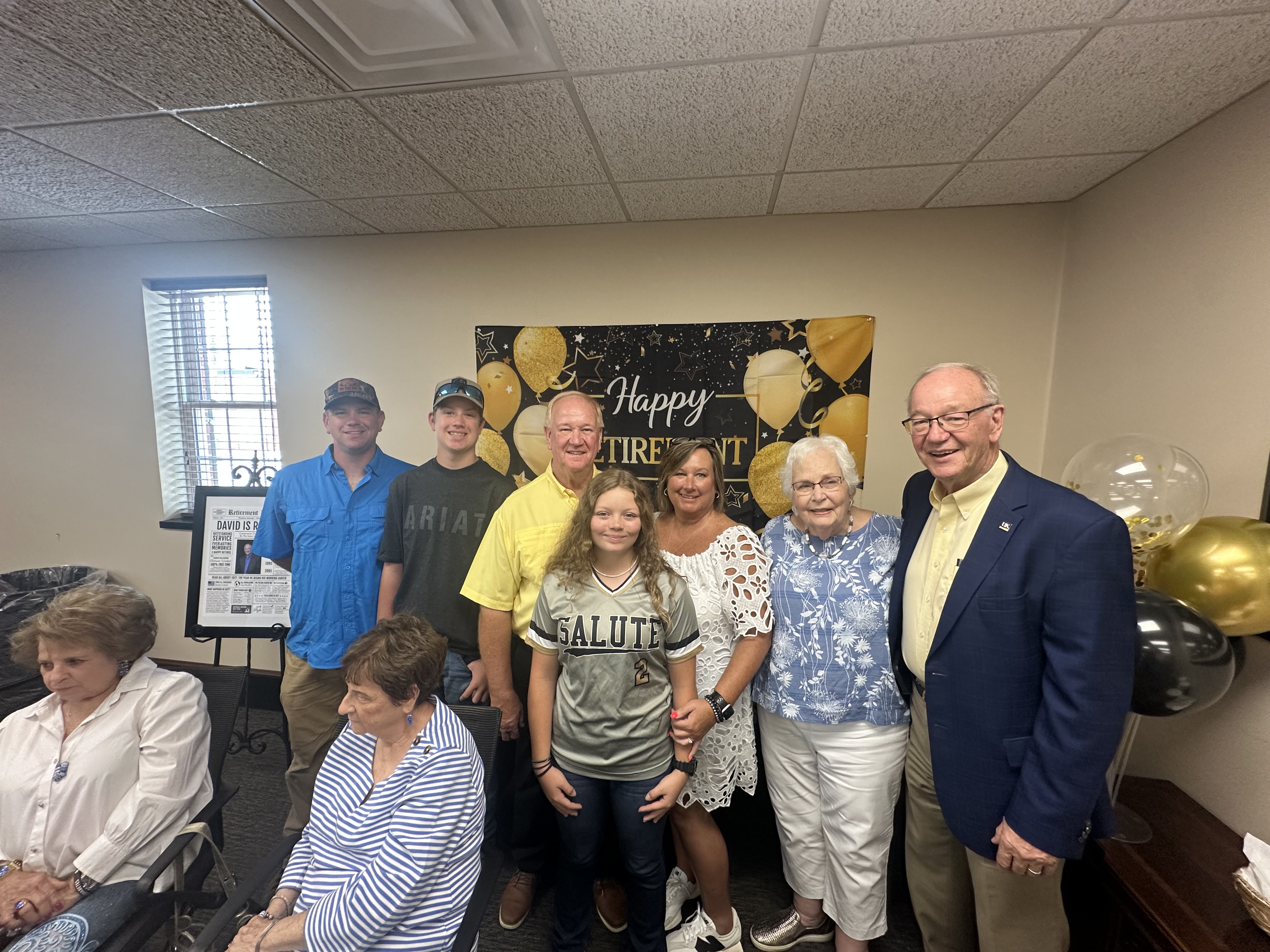The sad tales of Thomas Scott and Mollie Abbott
Published 1:30 pm Friday, June 23, 2017
Thomas Scott’s handsome monument in Winchester Cemetery bears a lengthy inscription that serves as a thumbnail biography: “Thomas Scott was born in 1763 in the State of Delaware and settled in Winchester in 1795. He was successively a representative in the state legislature, county surveyor, justice of the peace, high sheriff of Clark County. He died 1839.”
In April 1796, not long after Scott brought his surveying skills to town, he was appointed a trustee of Winchester. The board of trustees served as the city government until the mayor-council system was adopted in 1882.
In October 1796, Scott performed a survey of the town, which turned up an interesting result. Our familiar history credits John Baker as the “founder” of Winchester for laying out the town lots on his land and for donating land for erection of our public buildings (courthouse, jail, etc.). The trustees divided the town into 96 lots separated by six streets and six alleys. These were drawn up on paper, then the corners of each lot were staked. The first lots were sold at a public auction in March 1794. The trustees held the sales but the monies were paid to John Baker as owner of the land.
At some point, it was recognized that all the lots were not within the boundaries of Baker’s land. No record exists to tell us how this happened or who first noticed the aberration, but it became crystal clear after Scott performed his town survey in 1796. The result showed that the 12 lots north of Washington Street were on the property of Josiah Hart (father of Joel Tanner Hart) and therefore, when these lots sold, the purchase money had to be paid to Hart.
Scott purchased several town lots for himself. He bought a lot at the southeast corner of Washington and Water (Maple) Street at auction and a lot at the southeast corner of Main and Broadway from William Miller. He bought and sold a number of other town properties over the years. Land sales usually included the wife’s name as one of the sellers. None of Scott’s deeds indicate he had a wife in Winchester. He may have come to Kentucky as a widower or, perhaps, he never married.
In 1813, Scott was elected to represent Clark County in the Kentucky General Assembly and served one term. He supervised the laying of a brick floor in the courthouse in 1815 — it had been a dirt floor until then. After serving several years as a county magistrate, Scott accepted the sheriff’s job in 1816. He had problems properly fulfilling his duties, which led to his securities being charged for his omissions. The problem, according to Goff Bedford’s Clark County history, was that “Scott was drinking heavily and was badly in debt.”
I have not found the evidence for that yet, but it may be true. He did face a number of lawsuits at this time; the plaintiffs included Dudley Wells, Samuel Patterson, Edward Bullock, Thomas Gardner, Austin Trimble and Alfred Stevens.
Up into the 1820s the county cared for the poor by paying responsible citizens to house, feed and clothe them. When the numbers finally got to be too great, the county appointed Scott and James Lampton to find 10 acres of ground on which to erect a poorhouse. In 1827 the county purchased a site on Ironworks Road where 17 people were housed. The land is now known as the “county farm” and is the site of the animal shelter, fairgrounds and county cemetery.
The story takes a turn with Scott’s death in 1839. Records indicate that the court paid Dr. John Mills to treat Thomas Scott in his last illness — at the county poorhouse. A local attorney, George Smith, went to the poorhouse to record Scott’s will. He left $50 to Mrs. Sarah Jackson “for her attention and care to me during my old age and sickness.” The rest of the estate was left to the county court “to be appropriated in the manner they shall think best.” The inventory of his estate included a note from William and Wade Hampton for $21.43 and two from Richard Baxter and John Evans for $3.06 and $4.24. No real or personal property was listed.
The county court paid to put up Scott’s monument at the cemetery in 1846.
The case of Mollie Abbott displays a similar turn in fortunes but is more tragic. Mollie was a daughter of Barzilla D. and Evaline (Rankin) Abbott. Abbott was a well-to-do farmer in the eastern end of the county. He had a gristmill and distillery on Lulbegrud Creek, a few miles south of Ironworks Road. After Barzilla died in 1847, Evaline inherited the mansion, 100 acres of his 330-acre farm and one-third interest in the mill and distillery.
The 1850 census lists Evaline, 42, with a household of four sons — John, 22, William, 19, Daniel, 16, Washington, 14 — and two daughters — Nancy, 8, Mary “Mollie,” 6. In 1870, Mollie was still single and living with her aged mother. By 1880, Evaline had died and Mollie was living alone.
Tragedy struck in early 1900. Mollie was still living alone in the old family home, when two men tried to rob the place. They fired several shots through a window, presumably hoping to scare Mollie. One of the bullets, however, struck her in the side. Mollie ran from the house to seek help from her brother-in-law, John Swope, who lived on the next farm. She had to wade a creek along the way, and when she arrived water had frozen on her clothes and her whole body was bloody. She never recovered from the wounds. Several men were arrested for the crime, tried and found innocent.
In June of that year the Winchester Democrat reported that “Mollie Abbott, an inmate of the poor house, was tried before Judge Evans and a jury Wednesday on a charge of lunacy. She was adjudged a lunatic and was taken to the asylum at Lexington.” She died at the asylum several months later. The same paper added a poignant note to the story:
“We have been pained to see recently the name of Miss Mollie Abbott in The Democrat in its several connections. The history of this poor, unfortunate woman reads like a romance with a sad and pathetic ending. Forty years ago she was the beautiful and popular daughter of the wealthy Boswell [Barzilla] Abbott. She dressed in silks and satins and happy was the young lady who was so fortunate as to be her friend and companion. But reverses came, the father died, the fortune left was soon dissipated by bad management and unprincipled parties. The widow and mother, bent with care, sorrow and privations, in a few years followed her husband, and Miss Mollie was left comparatively alone in the world. Poverty, wicked and shameful treatment, poor house, insane asylum, marks the last sad steps of a life once so beautiful, propitious and happy. And thus it is that ‘Fortune’s furious, fickle wheel’ makes rapid and capricious revolutions.”





